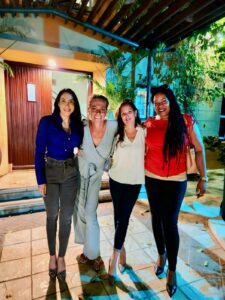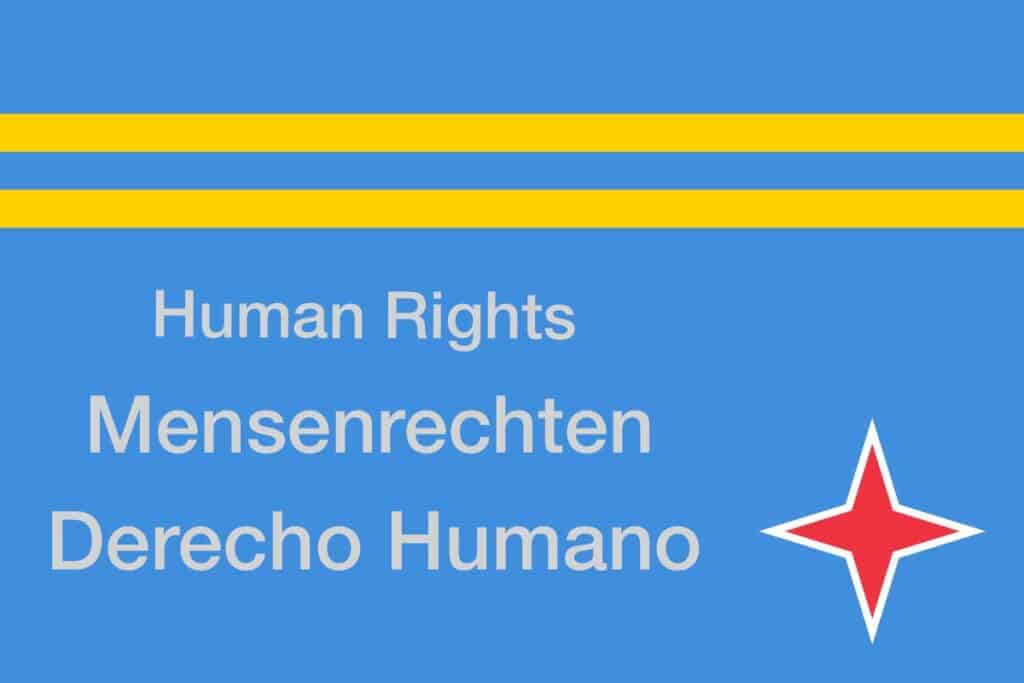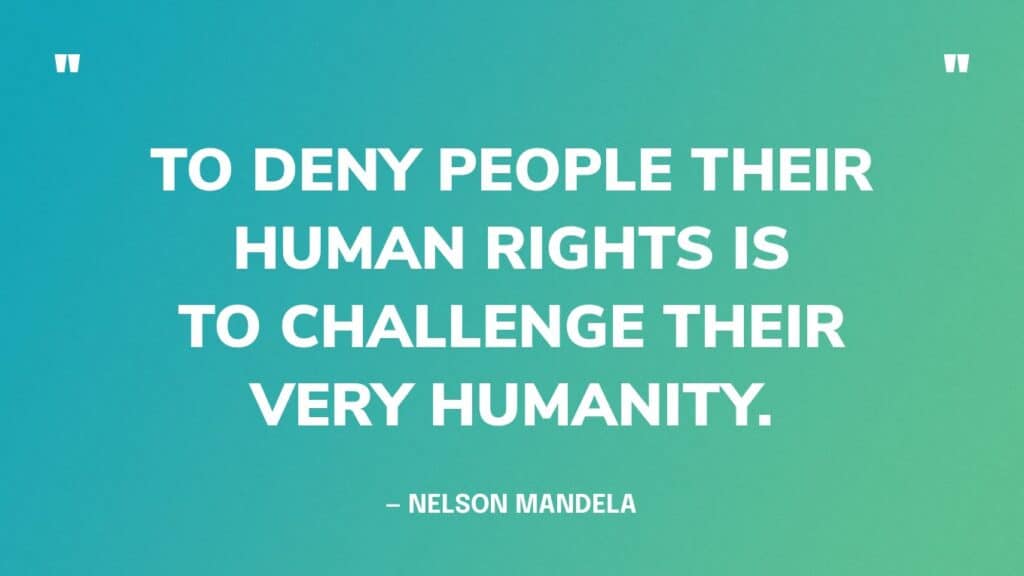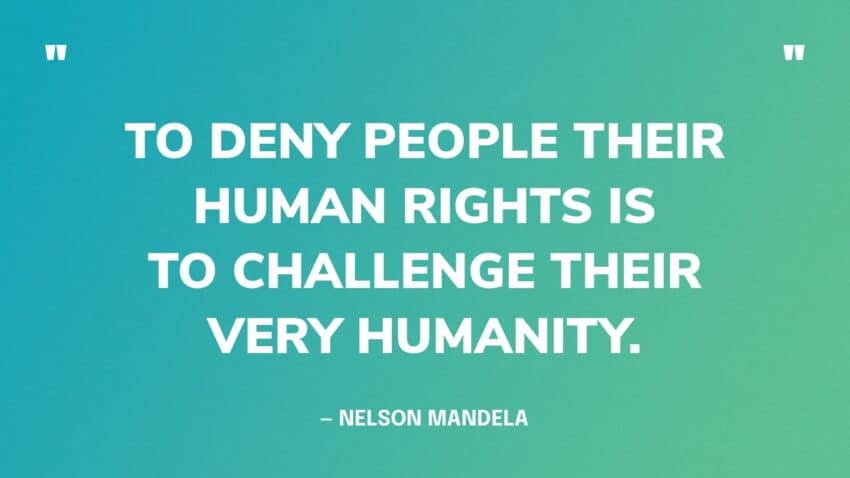
In part 1, I wrote about the session at the University of Aruba with Mr. Bekkers. He is the permanent representative of the Kingdom of the Netherlands to the United Nations, and yesterday he met with community members (including us) in regards to Human Rights.
There were a few silver linings.
One activist managed to present her thesis to Mr. Bekkers, which outlines a grave loophole in human rights in regard to one of Aruba’s laws which governs the integration and management of foreigners in Aruba (Landsverordening toelating en uitzetting). The other was assured Mr. Bekkers would find out why she had no response as yet from the United Nations in regards to her presentation of human rights violations.
We also got a chance to connect and talk about how difficult it is to find people who are willing to step up and become board members of foundations or NGO’s, who possess integrity, know-how, and the ability to support the organizations in meaningful ways without bending to politics or economic special interest groups.
We decided to start a chat group and “band together”, as Mr. Bekkers suggested. Besides our own causes, we will try to find a way to work together to identify an NGO independent enough to instate shadow reporting, where foundations and other groups can deliver proof of human rights violations in Aruba. Perhaps lobby for an independent Ombudsman, best practices, etc. all tbd at a later date.
As we walked out, the facilitator asked for feedback. We actually thought the initiative was great, but the confusion about who was invited, and what kind of session it was, was unfortunate. We showed her the link on social media, and she had not even been aware that there was a post inviting community members for discussion. Apparently this session was set-up in 4 days, so kudos to her.
I also learned, with great sadness, that the University’s culture had changed. Apparently the University I knew, during which time one of my former professors instated a debate team, valued open discourse and the free exchange of ideas and opinions, had changed to one where freedom of speech is ruled by what may or may not offend.
The four of us went outside and talked a bit more. I explained why I had guffawed at the “this is not a police state” remark. My friend, after trying to get information about a piece of medical equipment which would greatly improve our island’s access to medical care, was told not to ask anymore questions. When she did not comply, she was chased by 3 vehicles, cornered, physically assaulted and tied up, in an area not frequented by others.
It turned out the other activists had similar stories. The first was hit by a car. She cannot prove that it was on purpose, but as she described it to me, it’s likely.
The second was also cornered by 3 cars, then intimidated and threatened by their occupants. When she asked for ID, she was not given an opportunity to actually read the name on said ID. In that case there was a witness.
Two filed a police report; neither knows the status of the investigation. Going to this session was the right decision. If only to find this pattern of intimidation of these women for advocating for what is right, or simply asking questions.

Mr. Bekkers: allow me to address you directly.
You are the permanent representative of The Kingdom of The Netherlands, and thus, represent the country where I currently reside; Aruba. It is one of the four countries within the Kingdom of The Netherlands. You are the one who, when it comes to human rights, provides information about my country to the United Nations, the world’s first and foremost organization which has put everyone’s natural rights into writing, and is tasked with making sure my country not only protects those rights, but also does not violate them.
My country is governed by politicians and civil servants. They are governed, hopefully, by good intentions, but more likely by realpolitik. I do not feel that those politicians represent me. I do not feel as though my human rights matter. I do not feel free from discrimination, I do not feel I have the right to just and favorable conditions at work, nor that I am equal before the law. I do not feel I have the right to benefit from science. I avail myself of freedom of speech, but I also know that in doing so there will be dire social, economic and possibly legal consequences.
I do not feel safe nor secure.
I do not feel that Aruba, nor the Kingdom of The Netherlands, takes measures to make sure that others, such as businesses, political groups or other people do not interfere with my rights.
I feel terrified, but staying silent is not an option. If a woman is cornered by 3 vehicles, assaulted by men, tied up and threatened to keep her mouth shut just for asking questions, what will happen to me after I post this?
No matter what, I will continue to fight.
These posts are my version of screaming into the void, Mr. Bekkers. Thanks to you there are now 3 voices screaming alongside me. We’ve banded together. But the void is vast. We know our screams are ineffectual.
In all likelihood the void will scream back at me. Worst case scenario the void will corner me when I am alone, assault me and tie me up, or worse.
Or maybe, just maybe, the voices of us 4 will give courage to others to scream into the void too.
Are you a human rights activist in Aruba? Join Human Rights Activists Aruba today!





2 thoughts on “The discussion on human rights with the permanent representative of the Kingdom of the Netherlands to the United Nations | part 2”